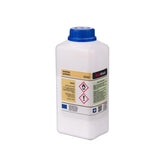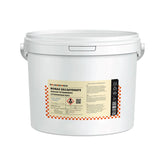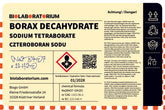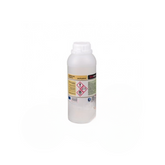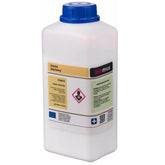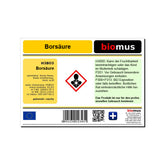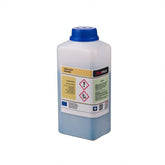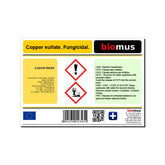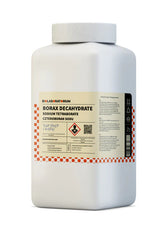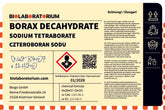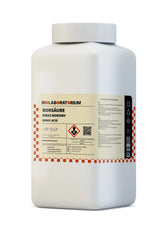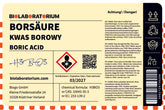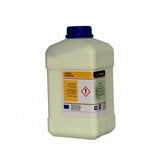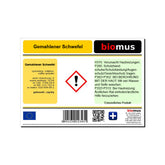Mannitol – Versatile applications and safe handling
Mannitol is an important component in many products we use daily. As a sugar alcohol with numerous useful properties, mannitol finds application in the food, pharmaceutical, and chemical industries. In this blog post, we take a closer look at the properties of mannitol, its industrial applications, and safety aspects in handling.
What is Mannitol?
Mannitol is a naturally occurring sugar alcohol found in many plants, fungi, and bacteria. Chemically, it is a hexahydro alcohol with the molecular formula C₆H₁₄O₆. Mannitol is crystalline, odorless, and has a slightly sweet taste.
Due to its unique properties such as crystallization behavior, solubility, stability, and taste, mannitol is used in a wide variety of products. The main application areas include:
- Food and Beverages
- Pharmaceuticals and Medical Products
- Chemical Industry
Mannitol in Food and Beverages
In the food industry, mannitol is used as a sugar substitute, sweetener, humectant, and stabilizer. Due to its low calorie content and low glycemic index, it is excellent for producing low-calorie and sugar-free products such as chewing gum, candy, baked goods, and beverages. Mannitol gives foods a pleasant texture and consistency.
Mannitol in pharmaceuticals and medical devices
In the pharmaceutical industry, mannitol finds diverse applications. It is used as a filler, binder, and lubricant in tablets and capsules. Due to its osmolality and diuretic effect, mannitol is also used as a medication for treating brain edema, glaucoma, and kidney diseases. Furthermore, mannitol is used in infusion solutions, eye and ear drops, as well as in cosmetic products.
Mannitol in the chemical industry
In the chemical industry, mannitol serves as a starting material for the production of fine chemicals, polymers, and other specialty chemicals. Examples include the production of ascorbic acid (vitamin C), glycerin, sorbitol, and mannitol esters. Due to its crystallization properties, mannitol is also used as a defoamer in industrial processes.
Safety aspects when handling mannitol
Although mannitol is contained in many everyday products, some safety aspects must be considered when handling it:
Health aspects
Mannitol is safe for the human body in small quantities. However, excessive consumption can lead to diarrhea, bloating, and abdominal pain. People with fructose intolerance should also avoid mannitol. Otherwise, mannitol is considered safe and tolerable.
Fire hazard and explosion protection
Mannitol is a combustible solid that can ignite when in contact with open flame or intense heat. Therefore, ignition sources must be avoided during storage and handling, and suitable extinguishing agents must be kept available.
Dust explosion hazard
Finely dispersed mannitol dust can react explosively in the presence of an ignition source. Therefore, appropriate protective measures such as extraction and dust explosion protection are required when handling mannitol powders or granules.
Occupational safety measures
When handling mannitol, protective gloves, safety glasses, and suitable respiratory masks should be worn to avoid skin contact and dust inhalation. Good ventilation and cleaning of work surfaces are also important.
Conclusion
Mannitol is a versatile sugar alcohol with numerous useful properties. It finds broad application in the food, pharmaceutical, and chemical industries. However, some safety aspects must be considered when handling mannitol to avoid health risks and hazards such as dust explosions. With the right protective measures, mannitol can be used safely and efficiently in industrial processes.
